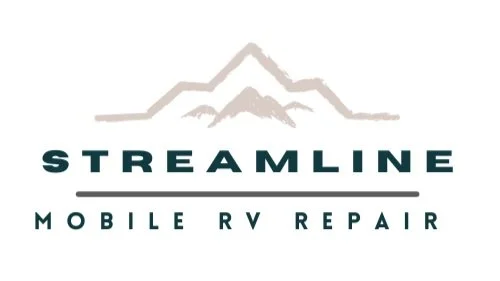Fire Safety & Propane
Fire & Propane Safety Tips Every RV'er Should Know
Traveling by RV offers the freedom to explore while enjoying the comforts of home, but it also means taking on the responsibility of managing systems that require careful attention—especially when it comes to fire and propane safety. A small oversight can lead to big consequences, so it's essential to be proactive and prepared. Here are a few simple but critical tips to help you stay safe on the road.
Check Smoke & CO Detectors
Your first line of defense in an emergency is a working detection system. RVs are compact spaces, and fires or gas leaks can escalate quickly. That’s why it’s vital to:
Test smoke, carbon monoxide (CO), and propane leak detectors every month.
Replace the batteries regularly, or sooner if your detectors start chirping.
Replace the entire unit according to the manufacturer’s recommendations—usually every 5–10 years.
Having working detectors is not optional—it’s lifesaving.
Carry Fire Extinguishers
Fire extinguishers are a must-have in any RV. Make sure you:
Keep at least one multi-purpose (Class ABC) fire extinguisher easily accessible, ideally near the kitchen and another near the bedroom or exit.
Learn how to use it with the PASS method: Pull the pin, Aim low, Squeeze the handle, and Sweep side to side.
Inspect your extinguisher regularly for pressure level, corrosion, or damage, and replace it if it's not in good working condition.
In an emergency, you won’t have time to think—so get you and your family familiar with your gear now.
Inspect Your Propane System
Propane is efficient and widely used in RVs, but it can also be dangerous if not handled properly. Stay safe by following these tips:
Check your propane system for leaks regularly. Use a soapy water solution on fittings and hoses—if you see bubbles, you’ve got a leak.
Turn off your propane while driving unless your RV’s manufacturer explicitly states that it’s safe to leave it on.
Keep propane tanks secure and upright, and never store spare cylinders inside the RV.
Have your propane system inspected annually by a certified technician.
Also, be aware of the smell of propane—a strong “rotten egg” odor is your signal to shut things down, exit the RV, and Call an RV Technician.
Fire & Propane Safety Recommendations:

